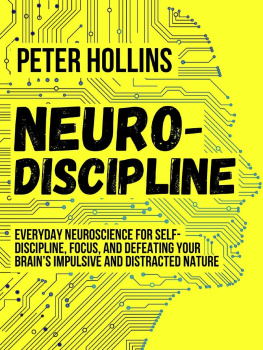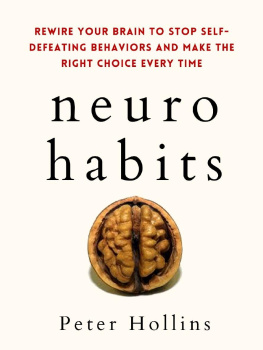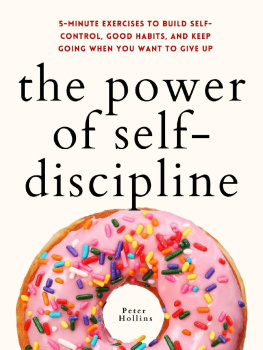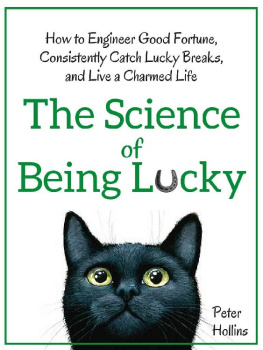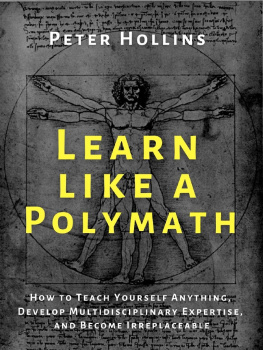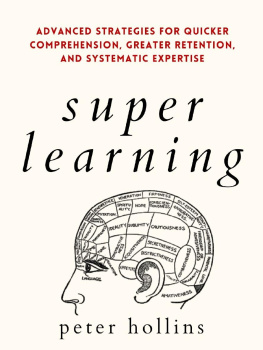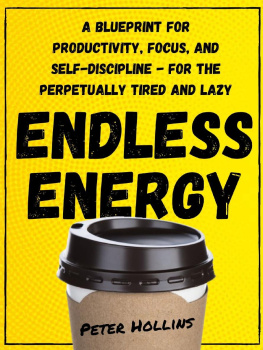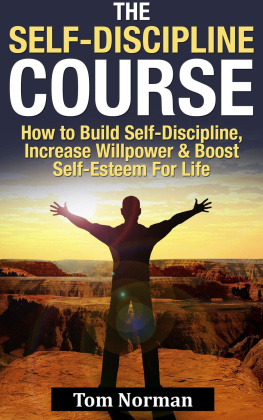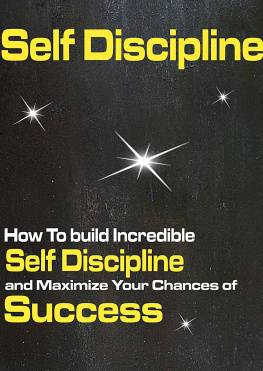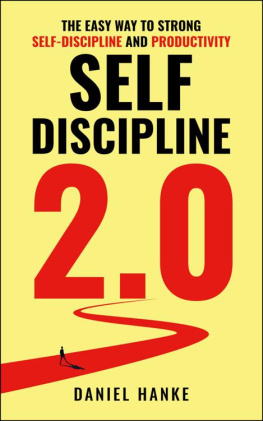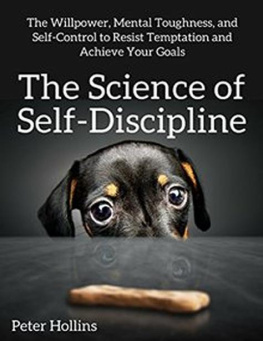Peter Hollins - Neuro-Discipline: Everyday Neuroscience for Self-Discipline, Focus, and Defeating Your Brains Impulsive and Distracted Nature
Here you can read online Peter Hollins - Neuro-Discipline: Everyday Neuroscience for Self-Discipline, Focus, and Defeating Your Brains Impulsive and Distracted Nature full text of the book (entire story) in english for free. Download pdf and epub, get meaning, cover and reviews about this ebook. year: 2019, publisher: PublishDrive, genre: Religion. Description of the work, (preface) as well as reviews are available. Best literature library LitArk.com created for fans of good reading and offers a wide selection of genres:
Romance novel
Science fiction
Adventure
Detective
Science
History
Home and family
Prose
Art
Politics
Computer
Non-fiction
Religion
Business
Children
Humor
Choose a favorite category and find really read worthwhile books. Enjoy immersion in the world of imagination, feel the emotions of the characters or learn something new for yourself, make an fascinating discovery.
- Book:Neuro-Discipline: Everyday Neuroscience for Self-Discipline, Focus, and Defeating Your Brains Impulsive and Distracted Nature
- Author:
- Publisher:PublishDrive
- Genre:
- Year:2019
- Rating:4 / 5
- Favourites:Add to favourites
- Your mark:
Neuro-Discipline: Everyday Neuroscience for Self-Discipline, Focus, and Defeating Your Brains Impulsive and Distracted Nature: summary, description and annotation
We offer to read an annotation, description, summary or preface (depends on what the author of the book "Neuro-Discipline: Everyday Neuroscience for Self-Discipline, Focus, and Defeating Your Brains Impulsive and Distracted Nature" wrote himself). If you haven't found the necessary information about the book — write in the comments, we will try to find it.
Control your brain so it doesnt control you. A science-based approach to getting things done and avoiding laziness and procrastination.
Our brains are not wired for goal achievement. They are wired only for speed, survival, and the present moment. Its time to defeat this primal tendency and make self-discipline your new normal.
Stop leaving tasks unstarted and/or unfinished. Youre better than that.
Neuro-Discipline tells the tale of two battling brains, and why we are predisposed to laziness and energy conservation. Time after time, we take the path of least resistance to our detriment. The key to beating this is understanding the brains imperatives and working with them. Neuro-Discipline is your laypersons guide to self-discipline success - just enough biology and psychology to give important context, while ensuring that you dont get stuck in the minutiae.
This isnt a textbook; it has over 20 actionable tips you can use TODAY.
Peter Hollins has studied psychology and peak human performance for over a dozen years and is a bestselling author. He has worked with dozens of individuals to unlock their potential and path towards success. His writing draws on his academic, coaching, and research experience.
Learn to beat your temptations, excuses, and weaknesses.
Learn about the two brains and the two versions of you that are always locked in battle.
How to trick the brain for action and productivity without working against it.
The role of dopamine and how we can simulate it for our own purposes.
How to talk to yourself and design your environment to stay on track.
Reframing excuses and dissecting your emotional reactions.
How to create a calm mind for ruthless execution.
Discomfort, boredom, frustration, and laziness are temporary. Self-discipline is forever.
We arent meant to lie in bed and relax. We are meant to pursue our goals and find satisfaction and fulfillment. Along the way, self-discipline is the most required ingredient. The ability to do unpleasant and uncomfortable things is what determines how our lives play out. How will you live your life?
Take control of your life by clicking the BUY NOW button at the top of this page.
Peter Hollins: author's other books
Who wrote Neuro-Discipline: Everyday Neuroscience for Self-Discipline, Focus, and Defeating Your Brains Impulsive and Distracted Nature? Find out the surname, the name of the author of the book and a list of all author's works by series.

